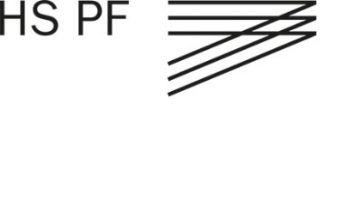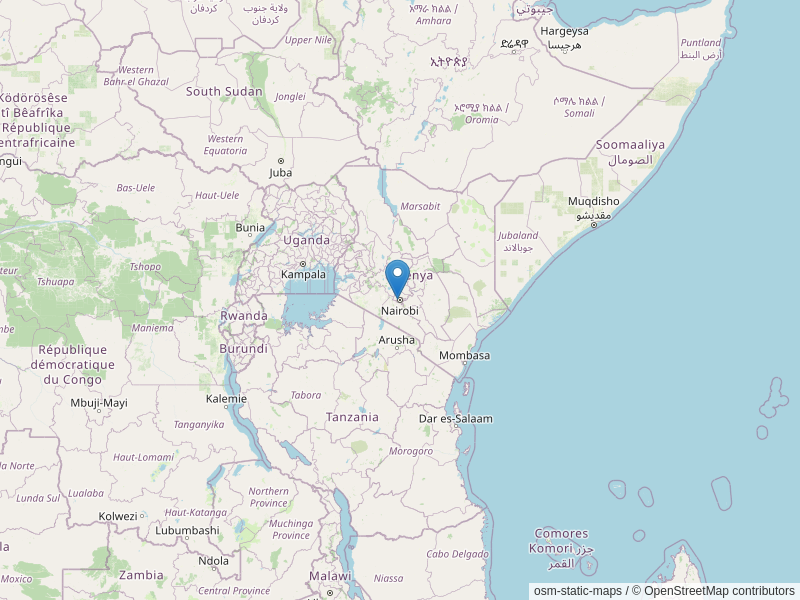DAAD supports academic careers with various funding programs
Please introduce yourself
 My name is Samuel Kiiru, 28 years old. I am currently a Ph.D. student in the Department of Food Science and Technology at Jomo Kenyatta University, investigating new and innovative food ingredients, including edible insects. I am a peer-reviewed author, qualified trainer (through COLEACP), and experienced part-time lecturer. I am also a start-up entrepreneur and enjoy playing lawn tennis.
My name is Samuel Kiiru, 28 years old. I am currently a Ph.D. student in the Department of Food Science and Technology at Jomo Kenyatta University, investigating new and innovative food ingredients, including edible insects. I am a peer-reviewed author, qualified trainer (through COLEACP), and experienced part-time lecturer. I am also a start-up entrepreneur and enjoy playing lawn tennis.
You are a recipient of the DAAD IC-IR scholarship. Please tell us more about your time as a DAAD scholar: Which programme awarded you the scholarship? How long were you a DAAD scholar, and where did you study? In what area did you study, and what was your research about?
My journey with DAAD started after my International Association for the Exchange of Students for Technical Experience (IAESTE) internship stay at Göttingen University, Germany, in 2016. Later in the same year, I was awarded a two-year In-country/In-Region (ICIR) scholarship for my master’s degree in Food Science and Technology at Jomo Kenyatta University of Agriculture and Technology (JKUAT). During the ICIR scholarship, I attended a Summer School program. I was also awarded a 6-month Research Stay to conduct my thesis work on developing insect-based meat analogs using high-moisture extrusion and further analysis using scanning electron microscopy and Texture Profile Analysis.
What motivated you to apply for a DAAD Scholarship, especially for the study at JKUAT? What was your experience as a scholarship holder?

My dream of becoming an academician at one of the top universities was crippled by lack of finances despite having a First Class Honours degree. However, I had learned about DAAD scholarship opportunities through IAESTE, and one of them was the ICIR scholarship to study MSc Food Science and Technology at JKUAT. JKUAT has one of the best food workshops, laboratories, and renowned researchers like my supervisor Dr. John Kinyuru. The ICIR scholarship provided me with excellent opportunities that expanded my research and strengthened the scientific and research potential of the individuals/ institutions I cooperated with.
As an ICIR scholarship holder, did you have the opportunity to go to Germany as part of a summer school or research stay? You have now applied for a Ph.D. in Germany; how did that happen? How did you prepare for the application? How did you find a supervisor?
 Yes, I have had some opportunities to travel to Germany. In 2017, I took part in the Summer School ‘’Project development for knowledge transfer” at SEPT Programme in Leipzig University. I met other participants from different countries in Africa and Asia and many German friends I still long to meet again. I gained skills to be a better researcher, communicator, innovator, and entrepreneur. In addition, various excursion trips offered the exchange of culture, knowledge of German history, and possible research/ work opportunities.
Yes, I have had some opportunities to travel to Germany. In 2017, I took part in the Summer School ‘’Project development for knowledge transfer” at SEPT Programme in Leipzig University. I met other participants from different countries in Africa and Asia and many German friends I still long to meet again. I gained skills to be a better researcher, communicator, innovator, and entrepreneur. In addition, various excursion trips offered the exchange of culture, knowledge of German history, and possible research/ work opportunities.
In 2018, I attended a 6-month Research Stay at Max-Rubner Institute- Department of Food and BioProcess Engineering (MRI-LBV) in Karlsruhe, Germany. I had a great research experience and worked very well with my German supervisor, Dr. Anna Marel. I also got a chance to use advanced equipment, leading to quality research results and timely completion of my MSc project.
My current application for a DAAD One-Year Research Grant for Doctoral Students in Germany is a promising opportunity for the continuity of my scientific research, mainly on objectives I cannot achieve (monetary and technical-wise) at home university. In addition, I look forward to learning the German language. Over the years, I have kept good communication with my previous German supervisor. We have published papers together, and I often ask her for research guidance. We support each other up to date on current developments and more.
Where do you see yourself in 8 years?
 I believe I will be a university lecturer and a trainer, passionately sharing knowledge exchanging experience and research results. A renowned researcher championing research that will ensure the sustainable supply of food for humanity and reduce population malnutrition through the use of modern and low-emission food production methods and the use of existing fauna. Further, I aspire to be a founder and a principal investigator in multi-national projects, establishing close and long-term international cooperation, obtaining research grants, and publishing new knowledge in journals with high impact factors. Finally, I see myself as a family man, hopefully nurturing Samuel’s Jr. dreams to fruition.
I believe I will be a university lecturer and a trainer, passionately sharing knowledge exchanging experience and research results. A renowned researcher championing research that will ensure the sustainable supply of food for humanity and reduce population malnutrition through the use of modern and low-emission food production methods and the use of existing fauna. Further, I aspire to be a founder and a principal investigator in multi-national projects, establishing close and long-term international cooperation, obtaining research grants, and publishing new knowledge in journals with high impact factors. Finally, I see myself as a family man, hopefully nurturing Samuel’s Jr. dreams to fruition.
“Do it like no one else can do it better.”
Thank you for the interview, and all the best for the future!






